For Parents
An example of our session timetable
This is an example of a typical session at Little Tinkers preschool, although this adjusted if required.
Morning timetable
Time |
Activity |
9:00 – 9:15 |
Welcome 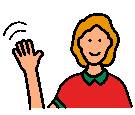 |
9:15-9:30 |
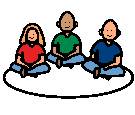 Key group time Key group time
Registration Rules and Share news
|
9:30-11:35 |
Free Play
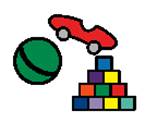 |
10:30-11:00 |
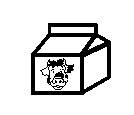 Snack time and storytime Snack time and storytime
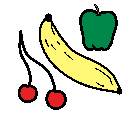
|
11:35-11:40 |
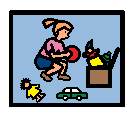 Tidy up time Tidy up time
|
11:40 – 11:55 |
 Circle time/ Song time Circle time/ Song time
|
11:55-12:00 |
Story time
  |
12 -12:30 |
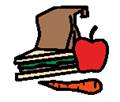  Lunch Time for All Day children Lunch Time for All Day children
|
12:00 |
Home time-Morning session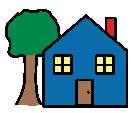 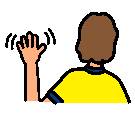 |
Key group Activities
Keygroup time at little tinkers preschool is an important part of the session
for each keyperson to build positive relationships with their keygroup children and to use this period to extend and build each childs learning and development across the curriculum as well as introduce key learning programmes to futher develop the children. These programmes include:
Write dance
is an approach and a method that provides movement opportunities so children can develop the physical skills needed to develop their handwriting skills. The movement is driven by the music and the underlying principle is enjoyment to build confidence.
Hopla
The Hopla Box focuses on the four basic feelings of happy, sad, angry and afraid through four endearing animal characters – Hopla the rabbit, Lola the cat, Onki the pig and Nina the bear. A thorough exploration of these four basic feelings can prepare children for the later experience of more complex feelings and situations
Letters and sounds
it will support linking sounds and letters in the order in which they occur in words, and naming and sounding the letters of the alphabet. It also draws on and promotes other areas of learning described in the Early
Years Foundation Stage (EYFS), particularly Personal, Social and Emotional Development and Creative Development, where, for example, music plays a key part in developing children’s language.
Pals
Please read the information below for further details of this programme.
Ferre Laevers
Each of our settings have also embedded the Ferre Laevers tool,
this tool has been developed by a team based at the Research Centre for Experiential Education (Leuven University – Belgium) under the supervision of Dr.Ferre Laevers. The tool focuses on two central indicators of quality early yearsprovision: children’s ‘well-being’ and ‘involvement’. Well-being refers to feeling at ease, being spontaneous and free of emotional tensions and is crucial to good ‘mental health’. Well-being is linked to self-confidence, a good degree of self-esteem and resilience. Involvement refers to being intensely engaged in activities and is considered to be a necessary condition for deep level learning and development. We use this tool to monitor and support your child throughout their learning experience at our settings.
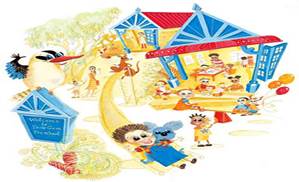 Intoduction to Play and learn social skills (PALS) and the programme information Intoduction to Play and learn social skills (PALS) and the programme information
PALSS understands that children of all ages, regardless of intelligence and language skills, may have difficulties making friends. A small group consisting of no more than 6 children, work together through the programme, which consists of activities and discussions addressing pragmatic and language skills, including:
- Difficulty initiating and participating in play
- Difficulty initiation and participating in conversation
- Making friends
- Understanding social situations
- Interpreting and applying facial expressions and body language
- Learning and increasing social language abilities
- Increasing self-awareness
- Problem Solving
- Relationship Building
The 10 program sessions are:
- greeting others
- taking turns: talking and listening
- taking turns at play
- sharing
- asking for help
- identifying feelings
- empathy
- overcoming fear and anxiety
- managing frustration
- calming down and speaking up
The positive outcome for the programme is children’s language and social interaction is enhanced to a higher level. |
What is eyLog?
click here
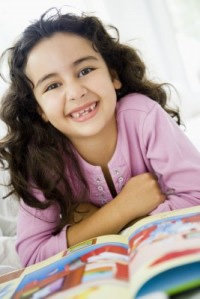
|

